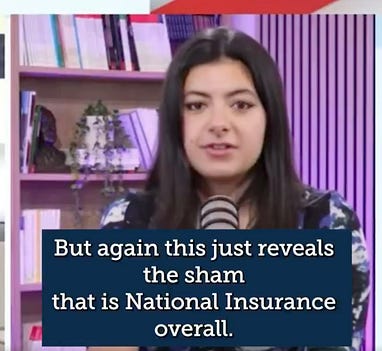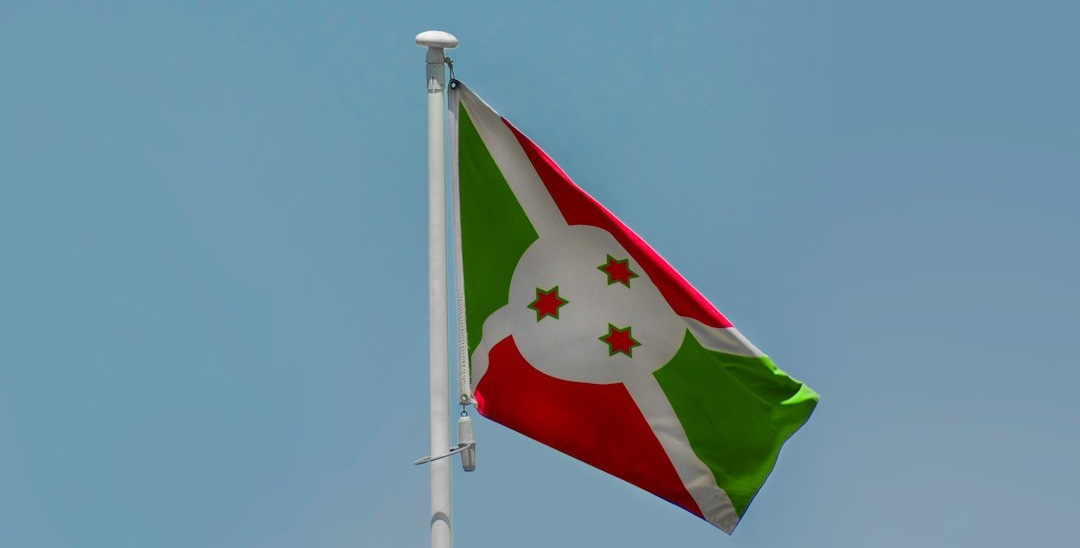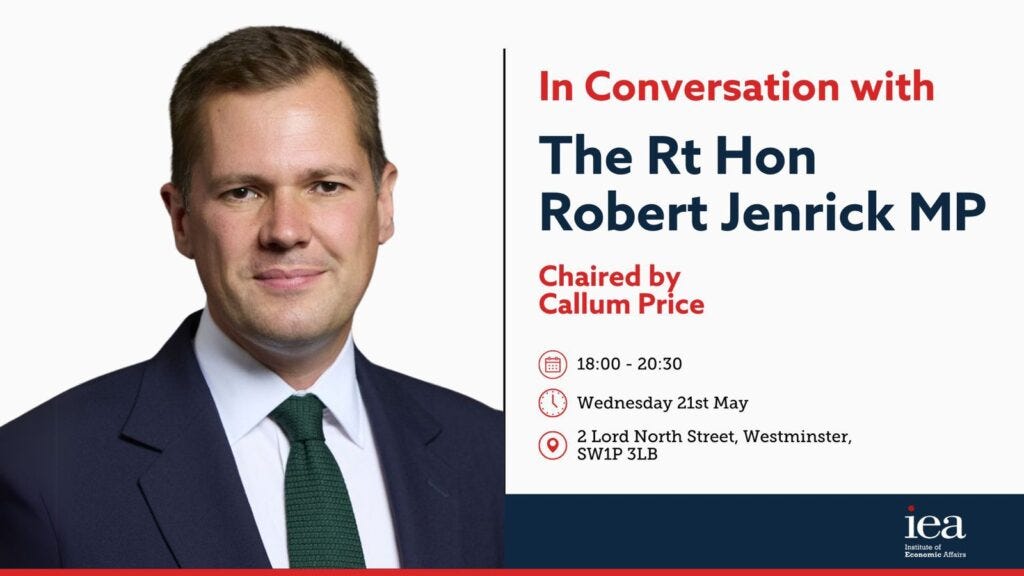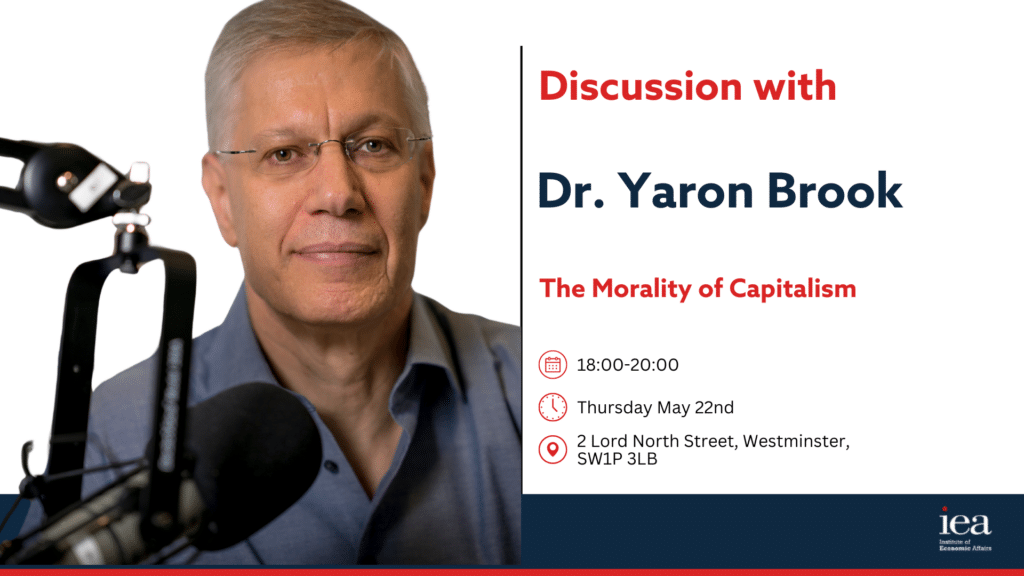|
In today’s newsletter:
Are classical liberals losers?
Our take(s) on the US and India trade deals
The Bank of England cuts rate
and more….
 |
‘Are classical liberals a bunch of pathetic losers?’ That’s the provocative question posed by Tyler Cowen in a new essay for The Free Press.
The case for the proposition rests on two ideas. First, that liberalism’s inherent neutrality makes it vulnerable to political and cultural losses to illiberal ideologies – from religious fundamentalism to the extreme woke. Second, that liberalism’s central skepticism of political power makes it ineffective as a governing philosophy – it is simply incapable of using the power of the state for its own ends.
Roughly speaking, this is the battle cry of the post-liberal right. That the liberal era has left our institutions dominated by people opposed to traditional Western values, and that now the power of government must be used vigorously to put things right.
Where liberals might want to change the funding arrangements of universities or the state broadcaster, so that left-wing views don’t benefit from taxpayer support, the post-liberal right would rather reshape them in its own image – or at least get a kick out of punishing its ideological enemies. Where liberals might want to strictly limit the remit of government departments, so that the political views of its employees don’t matter as much, post-liberals prefer to simply put their own people in control.
In the post-liberal view, classical liberals are the people sitting on the sidelines grumbling about abstract concepts like the rule of law – while they are getting things done.
So what do I think of this argument? Firstly, it is a perversion of liberalism to equate its openness and toleration with nihilistic relativism. To the extent that things have worked out like that in practice, it is an intellectual and moral error – not something built in to liberalism as a philosophy. I would also suggest – as my former colleague Aaron Ross Powell does here – that liberalism need not be a cold and entirely political-economic framework. There is also a culture and ethics of liberalism that can and should be expounded.
Secondly – and this is a point Tyler makes in his essay – the trouble with using the power of the state for your own ends is that ‘your side’ is only likely to win half the time. Give government power, and sooner or later it will be used against you. The liberal approach – institutional reforms to limit state power, and intellectual argument to win people over to individualist values – may be less expedient, but offers up fewer hostages to fortune.
I would add here that I do think classical liberals have become naive in their approach to government, sometimes failing to appreciate and respond to the enormous complexity of modern policymaking, and sometimes wilfully ignorant of the structures of power and political-economy constraints that conspire against them. We need to be better at dealing with the world as we find it.
The final section of Tyler’s essay changes tack, arguing that while classical liberal victories tend to be few and far between, when they do come, they can be transformative. The key thing is to make sure that during periods of historical downtime – when classical liberal ideas appear ‘dead or dormant’ – the intellectual flame is kept burning. As Tyler puts it, ‘I counsel patience, and investment in good ideas and in talent, not a quest for power per se.’
You probably knew it was coming, so here it is: that mission is precisely what the Institute of Economic Affairs is all about. We turn 70 this year; we have endured plenty of times when classical liberalism was on the back foot, and enjoyed one extended period when our philosophy was in the ascendant. But through it all, our research has advanced good ideas, our education programmes have developed talent, and our communications have sought to win over elites and so shape the climate of opinion. We play the long game.
It may be true, as Tyler Cowen puts it, that classical liberal victories require the coming together of ‘social, intellectual, economic, and also political forces’. But when that happy day arrives – and I, for one, believe that such an opportunity may come sooner than we think – the IEA will be ready for it.
Tom Clougherty
Executive Director
P.S. The best way to never miss out on IEA work, get access to exclusive content, and support our research and educational programmes is to become a paid IEA Insider. For a limited time only, new paid subscribers will receive a copy of Dr Steve Davies’ book Apocalypse Next: The Economics of Global Catastrophic Risks for free.
Offer ends on the 31st of May!
IEA Podcast: Communications Manager Reem Ibrahim, Executive Director Tom Clougherty, and Editorial Director Kristian Niemietz discuss the new US and India trade deal and healthcare in Northern Ireland, IEA YouTube
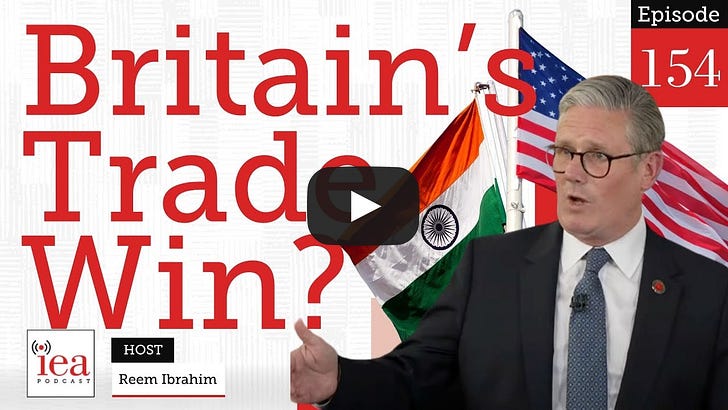
Lack of groupthink at the Bank of England is something to cheer
Responding to the Bank of England's decision to cut interest rates to 4.25%, Julian Jessop, Economics Fellow at the IEA, said:
The Monetary Policy Committee’s majority decision to cut rates by another quarter point today was widely expected and fully justified by the downside risks to inflation and growth. The only real surprise was the split, with two members voting for a half point cut and two for no change.
The three-way split on the MPC sends mixed signals about the future path of interest rates and may disappoint those looking for more clarity. In part this reflects the variable quality of the official statistics, notably on the state of the labour market.
Nonetheless, the diversity of views is a fair reflection of the heightened economic uncertainty, both at home and abroad.
If anything, the lack of groupthink is something to cheer. It would be more worrying if nine rate-setters all came to exactly the same conclusion despite the many unknowns, including the fallout from a global trade war.
It is also good to see a whole section of the Monetary Policy Report devoted to developments in broad money. This included an acknowledgement that these developments might be signalling downside risks to activity and inflation, albeit with ‘significant uncertainties’.
Many commentators, including members of the Shadow MPC which meets at the IEA, have been arguing for some time that the Bank has not been paying enough attention to monetary aggregates, so this is another welcome sign that the real MPC is now taking account of a wider range of perspectives.
IEA’s Shadow Monetary Policy Committee votes eight to one to cut bank rate, read the full details on the IEA website
Read coverage of the Shadow Monetary Policy Committee’s recommendation in The Express
News and Views
New India trade deal is another ‘Brexit benefit’, Director of Communications Callum Price writes in The Express:
Trade deals like this can represent what politicians like to call a ‘Brexit benefit’. Now the UK can set its own trade policy, not only has the Government been able to avoid being pulled into a painful trade war alongside the EU, it has also been able to sign a new deal with another independent nation.
Orsted halts major North Sea wind farm project in blow to Miliband, Energy Analyst Andy Mayer quoted in The Times:
The mothballing of Hornsea [is] a “reminder of the folly of legally binding climate targets”.
The government’s plan to decarbonise the power grid by 2030 denies real trade-offs between lower emissions, energy security and affordability.
Businesses understand these trade-offs and recognise how key they are to the government hitting its legal target. They can, therefore, extract a higher price for their services, which helps ensure the UK continues to have the most expensive energy in the world.
This just reveals the sham that National Insurance is overall – Reem Ibrahim takes aim at the justification for NI, as highlighted by the India trade deal on GBNews
Britain’s Energy Disaster & How Innovation Could Turn It Around, Energy Analyst Andy Mayer interviews Matt Ridley, IEA Podcast
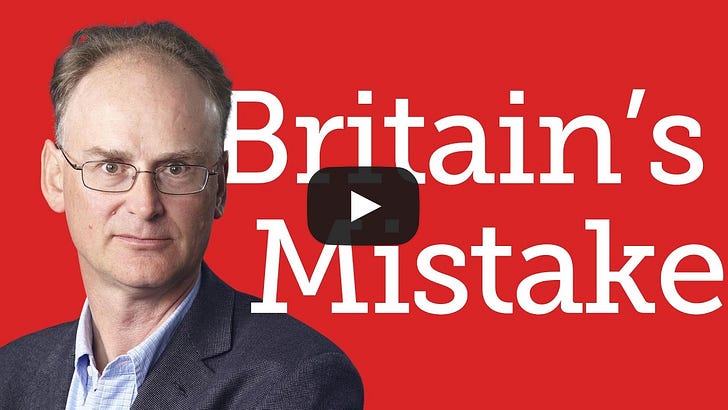
Does the Chancellor want to hijack your pension? Executive Director Tom Clougherty quoted in The Express:
Tom Clougherty of the Institute of Economic Affairs warned against trying to direct investment.
He said: “Pension funds should be left to focus on getting the best possible returns for savers... The great danger of the government’s approach – trying to get everyone to invest the same way – is that if it doesn’t work out, everyone loses as a result. And that is a very real possibility.”
You’re currently a free subscriber to Insider. For the full experience, upgrade your subscription.
Paid subscribers support the IEA's charitable mission and receive special invites to exclusive events, including the thought-provoking IEA Book Club.
We are offering all new subscribers a special offer. For a limited time only, you will receive 15% off and a complimentary copy of Dr Stephen Davies’ latest book, Apocalypse Next: The Economics of Global Catastrophic Risks.

